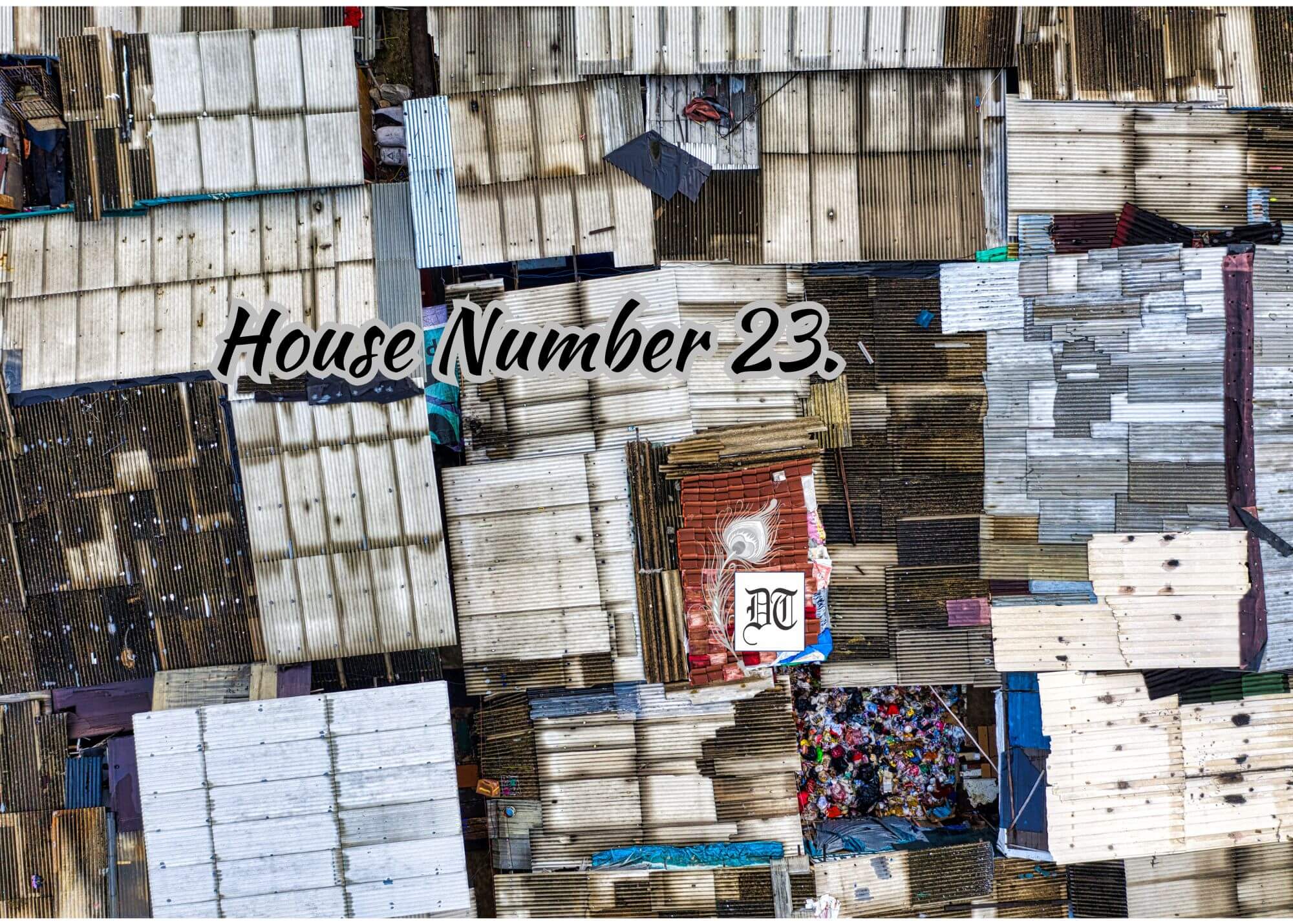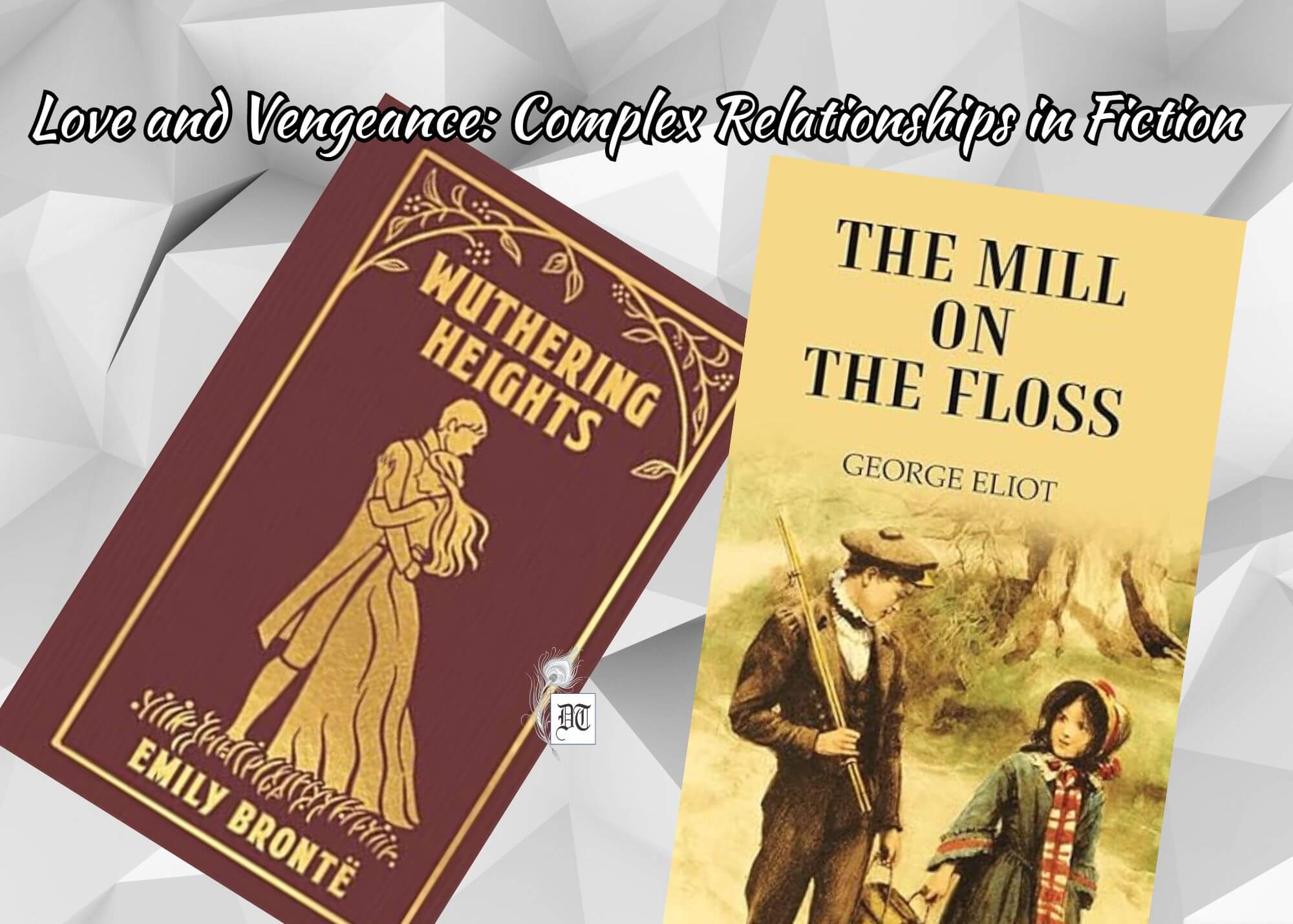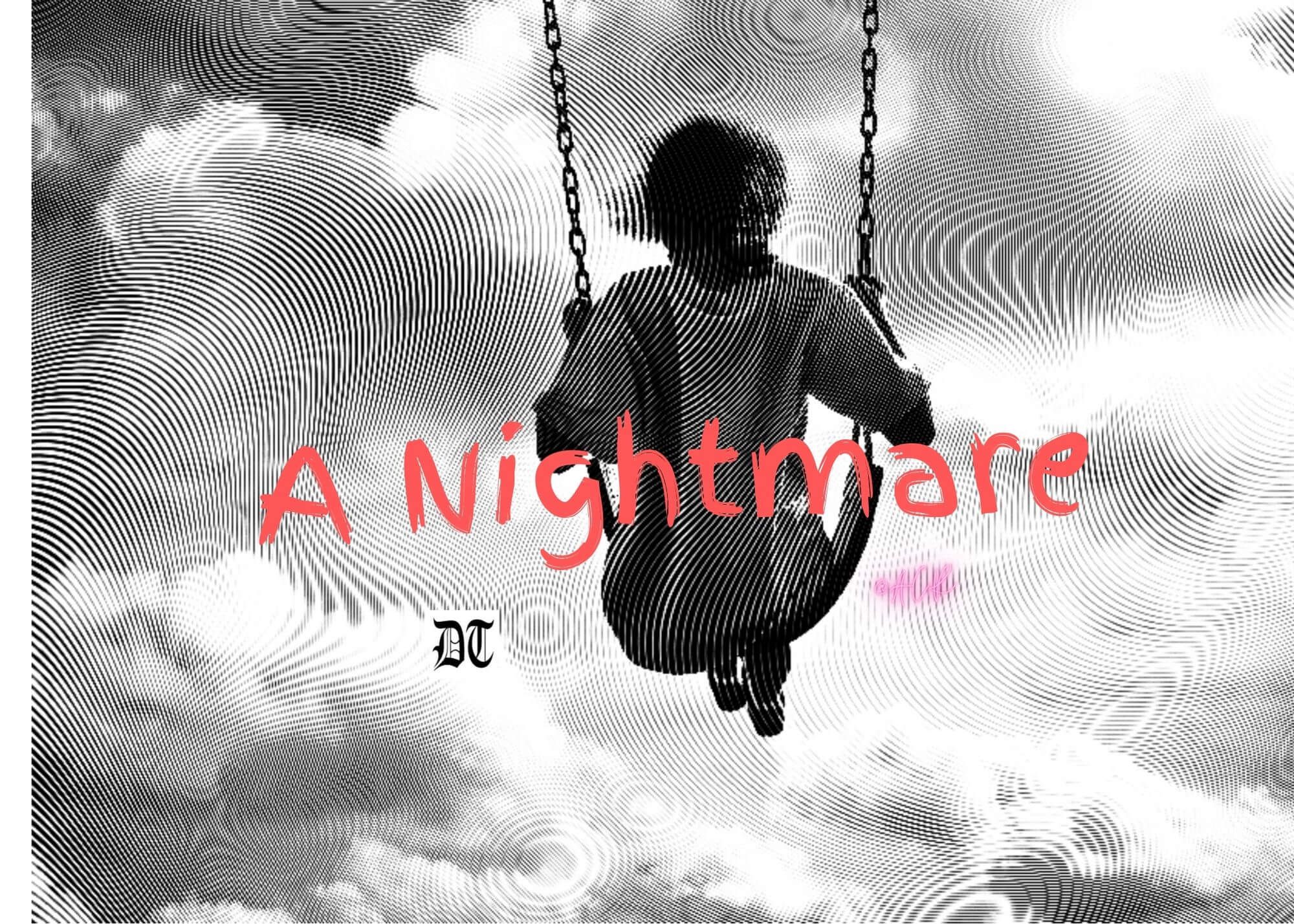Sumita tells us an engrossing story, in two parts. Here’s the first part, a horror-humour, in the weekly column, exclusively in Different Truths.
Dainagri: Police and government officials admit their miserable failure to dispense justice. Angry protesters, waving placards and demanding answers, have besieged the Town Hall through the week. Our elected leaders hang their heads in shame. They have no answers, only empty promises. Meanwhile, there is no relief in sight for the parents of the dead children.
During the day, the town plods through the motions of life; at night, folks shutter their doors and windows tight and remain indoors. It hadn’t always been like this. Residents tearfully recall laughter, music and the aroma of delicious food wafting into the streets. The houses, clustered together, had had an aura of friendliness, ever ready to lend a helping hand at a low call. Well-swept narrow lanes weaved through the community. Colourful bougainvillea, fragrant jasmine, and a multitude of flowering trees blissfully shaded travellers from the scorching Indian sun. Birdcalls and shrieks of laughing children were the norm around any corner.
 These days the houses seem to be huddling, almost cowering in fear. The cool shady lanes are gloomy and sinister. Flowers wither before blooming and even the leaves, the small patches of grass, are yellow and shrivelled. Birds have deserted the town completely. Cows are emaciated, producing little milk. Street dogs look starved and feral. Even the ochre sun looks jaundiced, moving across a bilious sky.
These days the houses seem to be huddling, almost cowering in fear. The cool shady lanes are gloomy and sinister. Flowers wither before blooming and even the leaves, the small patches of grass, are yellow and shrivelled. Birds have deserted the town completely. Cows are emaciated, producing little milk. Street dogs look starved and feral. Even the ochre sun looks jaundiced, moving across a bilious sky.
Once famed for its quaint beauty, the unsolved deaths have shrouded this town in despair. For three consecutive times in the past two months, like clockwork on new moon nights, first one little girl then two young boys, vanished from their beds. Morning always found the intact body lying inside the ruins of the deserted hospital complex.
To pacify public outrage and prevent pandemic fear, politicians are working overtime – at their speeches. Promising instant action, they haven’t even been able to demolish the derelict hospital building. After the police investigated it high and low, desperately and fruitlessly searching for clues, orders arrived to flatten and clear the lot. The demolishers stormed in but were halted in their tracks when the ground crumbled and sank beneath the bulldozers. Geologist and surveyors, apparating at the scene, suddenly discovered evidence of seismic activity underground. They have demarcated the area as the protected zone.
Cause of death remains a complete mystery. How can three perfectly healthy children’s heart suddenly stop beating? Who took them out of their homes? The police claim that the only clues existing are some ear-buds – found on the pillow of each child who died. Highly placed sources inform us that the detectives have wracked their brains until they are pulling out their own hair in great tufts. The ear-bud clue seems to lead no-where…
***
“Ha, at last! They’ve got back the report from the DNA testing on the ear-buds,” exclaimed Laxmi, her thin body almost hidden deep under the newspaper.
“These rookie journalists! All they care for is sensationalism.” Alka shook her head at the lurid headlines  on her spread. She reached for her pad and pencil, itching to draw the scene described in the newspaper article. “Well, have they got any leads?” Bold strokes appeared under her clever fingers, depicting police officers pulling out tufts of their own hair in frustration. She smirked.
on her spread. She reached for her pad and pencil, itching to draw the scene described in the newspaper article. “Well, have they got any leads?” Bold strokes appeared under her clever fingers, depicting police officers pulling out tufts of their own hair in frustration. She smirked.
“Only that the ear-buds were produced from reused cotton. They are questioning all street vendors who sell ear-buds!” Laxmi put away the newspaper with disgust. Her hands were soon busy with the innards of a CPU. These parallel resistors connect to those transistors, condenser here and…, she muttered. She was building a computer to help humans and ghosts communicate.
Ali was the oldest child in the room. Inordinately proud of his thick hair, he had fashioned it like Mahender Singh Dhoni’s long locks. He loved the cricketer and wouldn’t cut his hair despite all the teasing the style invited. He tidied the room, waiting…
Gopal came in with a tray piled high with finger-chips and bowls of dipping sauce. “Hot crispy fries and sauce that’s just right. Tickle your taste buds guys, dig in.” He presented the dishes with great flair and briskly took his seat. Everybody immediately brought their chairs to the table.
“Yummy, I love these.” Rotund Naveen grabbed a fistful. He was the youngest; the others fondly watched him eat first. They followed, grimly determined on their course of action. Swirling the fries in the drippy sauce, they made quick work of it and sat back ready for the next step of the ritual.
 Time was ripe. The moonless night allied with a thick fog, to envelope the town in darkness. Residents slumbered as if comatose. A weird mist swirled around the watchful police and news-telecasting crews. Infrared cameras recorded them nodding off right where they stood. Not even an earthquake could have woken them.
Time was ripe. The moonless night allied with a thick fog, to envelope the town in darkness. Residents slumbered as if comatose. A weird mist swirled around the watchful police and news-telecasting crews. Infrared cameras recorded them nodding off right where they stood. Not even an earthquake could have woken them.
Indicating they should join hands, Ali led the chanting. Their clasped hands resting on the table, the five children closed their eyes, concentrating on the name they had chosen. Verses flowed from cold lips; the rhythmic chanting rose and fell, echoed off-white walls and ceiling then dropped to a hushed whisper. A chill spread along the room, frosting the steel surgical table where they sat. Broken panes on the medicine cabinet glazed and cracked. The tiled walls chilled, droplets of moisture bedewing them, streaming down in rivulets of tears. Silvery wetness streaked the children’s faces as they lost themselves in the power of thought. A single blue ear-bud rose from the centre of the table and wafted out through the shattered window.
***
Far across town, in the Inspector General’s house, little Bela got out of bed, leaving behind a blue ear-bud on her pillow. As the clock tower, in the central square, tolled the midnight hour, she slipped latches and unlocked bolts fixed by her cautious father on their front door. She moved down the street silently, her feet apparently gliding a few inches above the dusty road, white nightgown trailing behind like a ghostly train in the pitch-blackness. She soon reached the ruins of the deserted hospital.
At her approach, the gates hanging lopsidedly shut, suddenly creaked and tried to part. The largely sealed lock that the police had optimistically placed, trembled, shattered, and joined the shards of its brethren on the barren earth. The rusted chain binding the gates, slithering like a live snake, unravelled. The gates  swung open on creaking hinges. In a flash, she was across the littered yard and inside the crumbling ruin. Past corridors – dusty, dead-leaves strewn, its walls pockmarked, mildewed, sagging, and in places completely collapsed – she moved with regal calmness until she came to the door of the Operation Theatre, where the five children waited. The door opened. She woke up.
swung open on creaking hinges. In a flash, she was across the littered yard and inside the crumbling ruin. Past corridors – dusty, dead-leaves strewn, its walls pockmarked, mildewed, sagging, and in places completely collapsed – she moved with regal calmness until she came to the door of the Operation Theatre, where the five children waited. The door opened. She woke up.
Her face scrunched in a rictus of fear; she opened her mouth to scream, but no sound emerged. She barely saw the five children rising to welcome her. Petrified, her gaze locked on the horrific sight of men and women hanging from the wall in chains. Tattered remnants of uniforms – doctors and nurses – hung in shreds from their emaciated bodies. They were bleeding, covered with putrid sores; their ripped open abdominal cavities showed missing organs. They writhed in their restrains, screamed and shrieked, cursed and cried out their endless pain to a deaf world.
Bela’s eyes closed in a dead faint. The five ran to her, embraced her, tried to explain, to comfort, but to no avail. At their touch, her body shuddered and her innocent soul left the Earth to ascend to a heavenly abode.
“We must not touch them. We can’t touch them. I told you we should not touch them,” Ali reiterated in despair.
“Not another child. Oh Bela, don’t die, come back to us. We need you,” cried Naveen disconsolate.
“Oh Bela, Bela. We are so sorry we called you, but what are we to do?” wailed Laxmi, rocking the fragile little body in her arms. Gopal and Alka chaffed her hands, but it was far too late.
***
A fortnight later, on the subsequent new moon night, the five doggedly arrayed around the surgical table again. Crunching the doctors’ fried fingers dipped in the nurses’ blood – a diet sourced from those who had caused their own deaths – enabled them to gather the strength to summon a live human being. As children themselves, and incomplete at that, their powers were severely limited. It would have been so much easier if they could have informed an adult human. These doctors, abetted by their nurses, had kidnapped them from their villages and killed them to sell their organs to the highest bidder. They had to be exposed. People needed to learn that eternal agony awaited such villains.
Indeed, such a crime, perpetrated by people trusted and respected above all in society, deserved a fate beyond the scope of mortals. The children’s heartbroken parents still waited and hoped their child would one-day return home. They were poor; no one had helped them trace their lost child. They did not know their child was already dead – slaughtered by unscrupulous human monsters for monetary gain.
However, the children had avenged their own deaths. They had brought the hospital crumbling to its knees and the heinous murderers, to fitting justice. Once people understood retribution lasts endlessly beyond death, the five could ascend to heaven.
They had tried to lead the police, through the clue of the ear-buds, to the garbage dump behind the hospital. The rag pickers collected the cotton from there, washed and reused them in the ear-buds – a dangerously unhealthy practice that needed to stop.
 Incriminating evidence was in that dump, but the detectives were yet to solve the mystery of the ear-buds. Although they had searched the interiors and grounds of the hospital for clues, they had avoided the garbage dump that lay just beyond the walls. Fear of malignant germs festering from hospital-waste had kept them away. There, covered with heaps of rubbish, lay buried the looted bodies of Ali, Laxmi, Gopal, Alka and little Naveen.
Incriminating evidence was in that dump, but the detectives were yet to solve the mystery of the ear-buds. Although they had searched the interiors and grounds of the hospital for clues, they had avoided the garbage dump that lay just beyond the walls. Fear of malignant germs festering from hospital-waste had kept them away. There, covered with heaps of rubbish, lay buried the looted bodies of Ali, Laxmi, Gopal, Alka and little Naveen.
Only an innocent child can witness the vision of the afterworld on new moon nights. The determined five have no other option but to keep on trying – until they find someone brave enough to witness the misery in that room and not die of fright. One who will be able to describe everything they see, direct the authorities to the gruesome evidence, and bring closure to their parents. Only then will the children’s ghosts be free to move on; only then will the town regain its health.
Now, gutsy reader, you are ready to hear the complete truth. This story tested your mettle. You have proved your valour by reading through to the very end. You are the one who can help these children. You will courageously venture forth when blue ear-bud lands on your pillow tonight.
(To be continued)
©Sumita Dutta
Photos from the Internet
#HorrorComedy #Fiction #AvengingDeath #SecretOfATown #DeathOfChidlren #SundayStorytellers #DifferentTruths




 By
By

 By
By